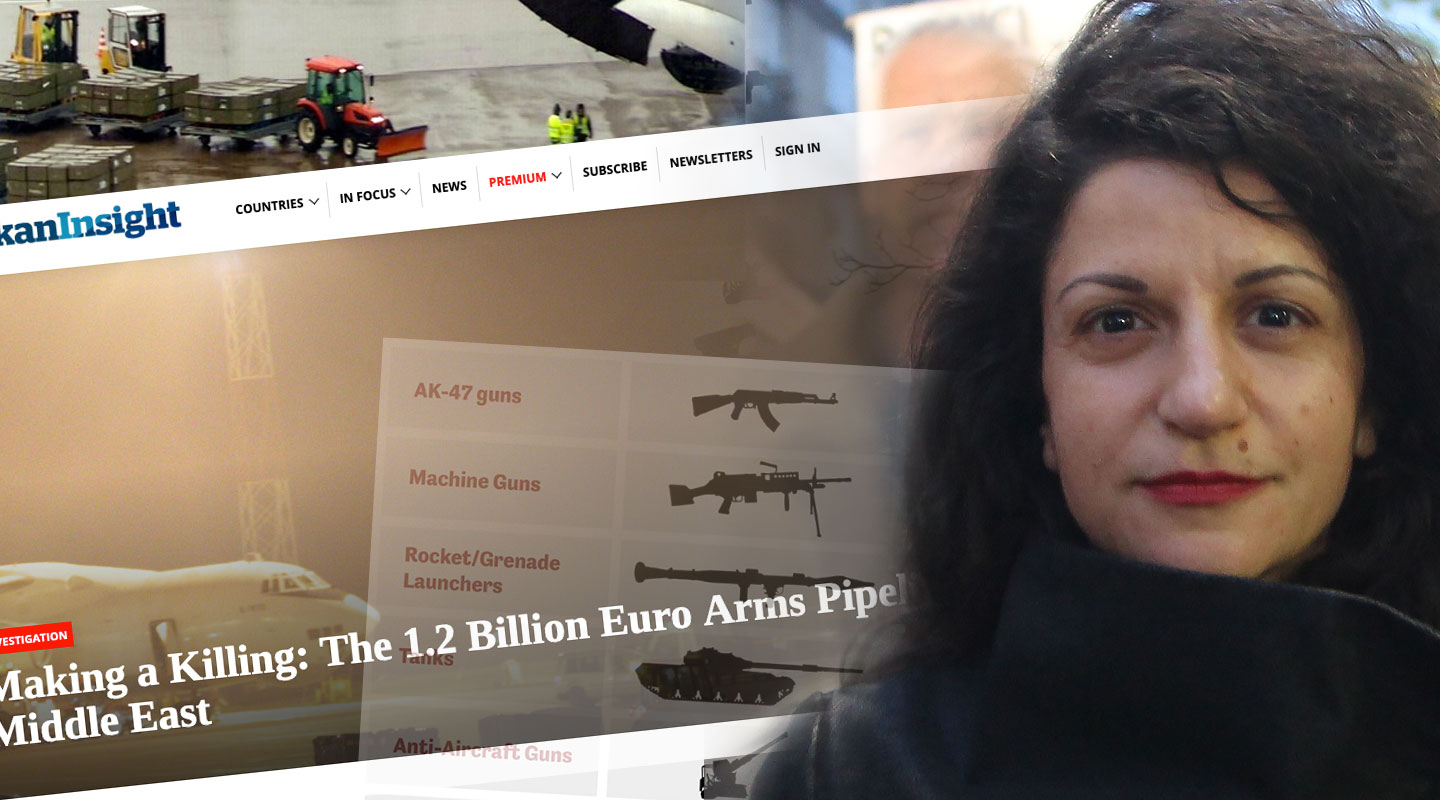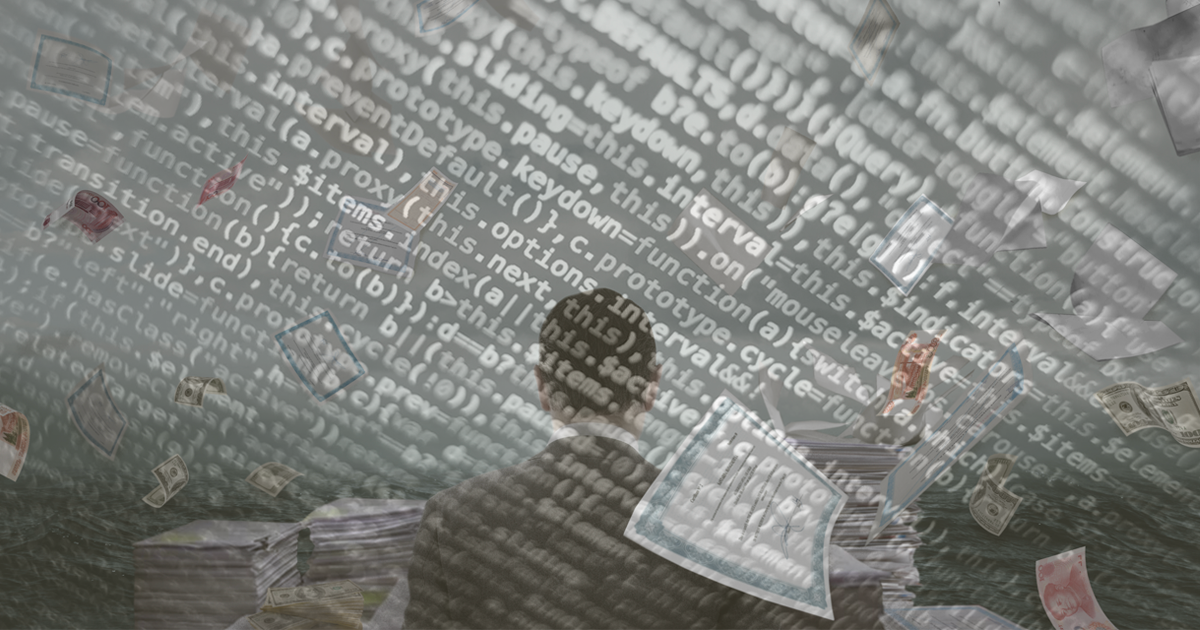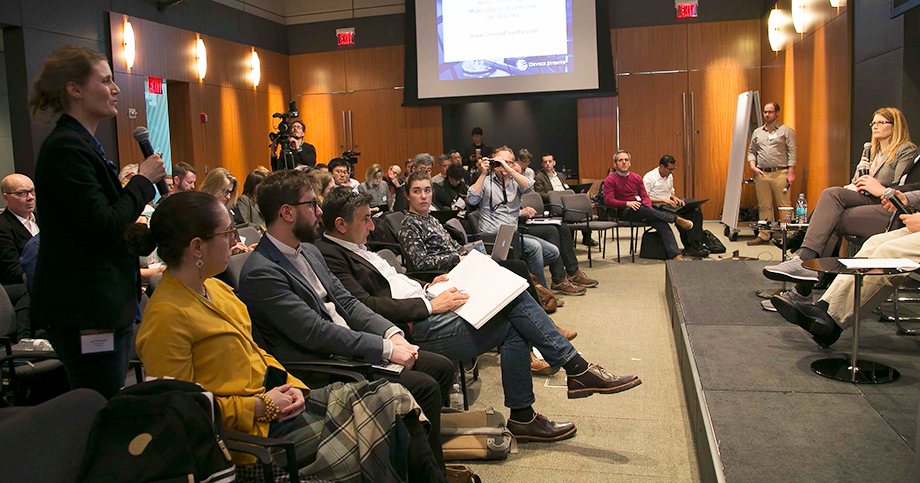As the battle-hardened Syrian rebel lauded the reliability of his Serbian-made machine gun, Jelena Cosic recognized the clinching moment after three years of investigative reporting into the illicit international arms trade.
“He sent photos of the weapon’s serial number and for the first time we could trace the arms all the way through from production to the war-zone,” she said. “Usually, you don’t have the specifics but here we had the whole story: guns from Serbia bound for Saudi Arabia were ending up in Syria and Yemen.”
There had been ample anecdotal evidence that Saudi Arabia was diverting arms to its proxies in Syria and Yemen. The question was: how were the weapons getting there?
The sight of massive cargo planes at Belgrade’s Nikola Tesla Airport provided the first clue that would eventually lead to the 2016 report, Making a Killing: The 1.2 Billion Euro Arms Pipeline to Middle East, which was co-authored by The Balkan Investigative Reporting Network (BIRN) and the Organized Crime and Corruption Reporting Project (OCCRP).
The report states: “As thousands of tonnes of weapons fly south, hundreds of thousands of refugees have fled north from the conflicts that have killed more than 400,000 people. But while Balkan and European countries have shut down the refugee route, the billion-euro pipeline sending arms by plane and ship to the Middle East remains open – and very lucrative.”
For Cosic, who is now training manager at the International Consortium of Investigative Journalists but who was then a key member of a tight-knit BIRN reporting team that broke the story, it is always important to emphasize the bigger picture. There is no such thing as a victimless crime.
“People are dying and small Balkan countries are trying to make a few bucks from it. Their actions create refugees and yet they won’t allow these same people to cross their borders. Such hypocrisy!” she said.
BIRN discovered that between 2012 and 2016, countries from southern and eastern Europe and the Middle East had sold over $1.34 billion worth of weapons and ammunition exports to Saudi Arabia. Courtesy of U.S. involvement in backing various factions in Syria, BIRN reported that a further $2.2 billion could be shipped by 2022.
Long, tedious hours spent combing through arms export data, flight records and weapons contracts revealed that tonnes of arms were being shipped through Belgrade every week.
Serbian arms manufacturers alone would not have been capable of producing such volumes and, crucially, the loads comprised not only modern weaponry but obsolete guns that would normally have been decommissioned.
“There is no way one of the richest countries on the planet was importing old guns for their own army’s use – it was always much more likely these were being purchased cheaply for use elsewhere,” she said.
After the story broke, Cosic confronted then Serbian Prime Minister Aleksandar Vučić, who justified the shipments on the basis that Serbia was making a lot of money from the trade (it still continues to do so). The former ultra-nationalist is now the country’s president.
Journalists are somehow taking the blame for reporting when it is those who are hiding the corruption that are the real enemies of the people – Jelena Cosic
Cosic began her career in the prominent independent TV and radio station B92, which had been closed down several times during the Balkan War in the 1990s under draconian government censorship.
While young journalists in Europe can normally expect to learn their trade covering local council meetings, by the time she had left college Cosic had already produced a short documentary based on extensive interviews she conducted with survivors of the 1995 Srebrenica massacre.
While Serbia is now peaceful, the rise of right-wing populism across Europe has exacerbated fears that conflict will return to the Balkans.
Cosic remains sanguine about the prospects of continued peace but argues that state corruption appears to be the price the West is willing to pay for continued peace in the region.
Journalists in Serbia have borne the brunt of physical and verbal violence. Investigative reporters, in particular, have been singled out for invective by politicians, including the president.
Cosic reels off stories of reporters who have endured violent attacks, including one local journalist whose house was subjected to an arson attack while he slept. Targeted because he criticized corruption in local government, the Žig Info website journalist escaped the blaze with his wife.
“The level of corruption is in indirect proportion to human rights – when corruption flourishes, human rights are damaged,” she says. “This is scary but it is the reality in 21st century Serbia. Journalists are somehow taking the blame for reporting when it is those who are hiding the corruption that are the real enemies of the people.”



